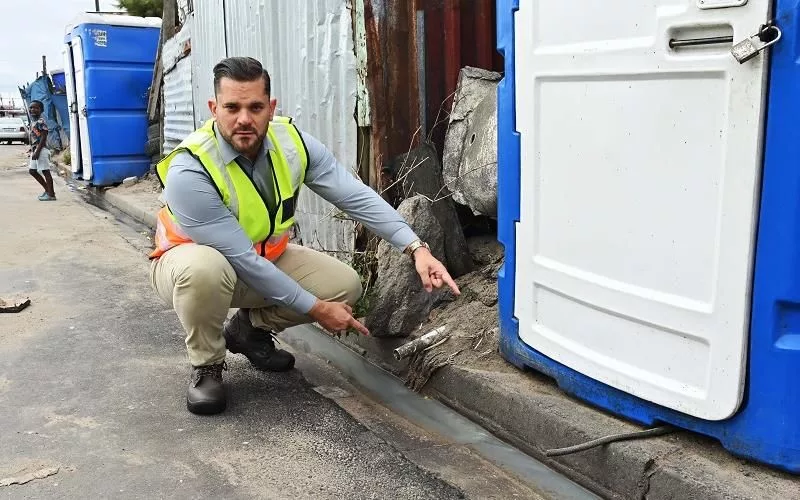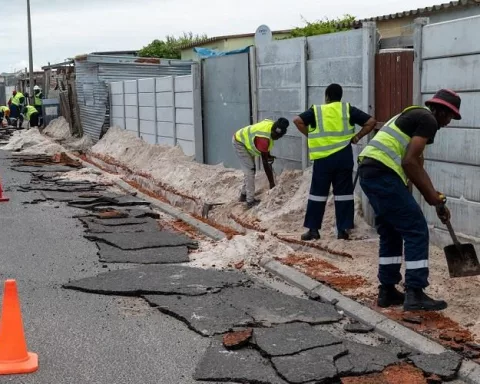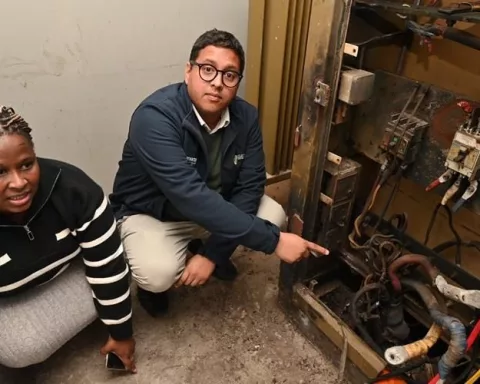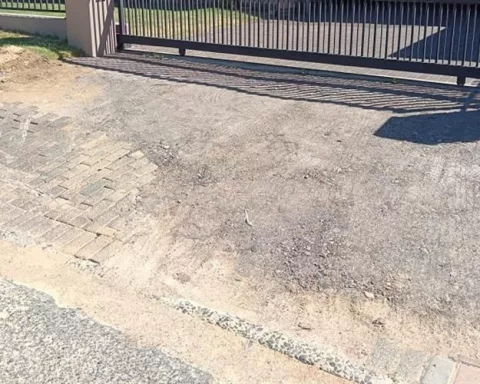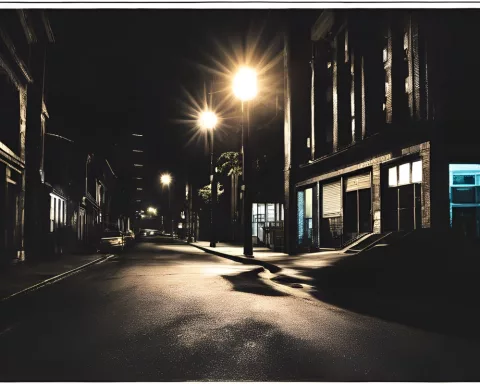City roads are essential for urban life, but their maintenance is a challenge, especially during rainy seasons. Cape Town’s Road Infrastructure Management department is repairing roads damaged by heavy rain and facing the problem of illegal disposal of grey water on roads. Despite this, the city assures residents that their concerns will be addressed, and future road projects are planned for various districts. Grey water damages asphalt surfaces and reduces the road’s lifespan, but the department’s persistent efforts ensure the city’s rhythm of life remains uninterrupted.
City roads are masterpieces of engineering and essential conduits of urban life, but their maintenance is a formidable challenge, especially during the rainy season. The Road Infrastructure Management department of Cape Town is currently repairing roads battered by torrential rains and facing the hurdle of illegal disposal of grey water onto the roads. Despite this, the city assures its residents that their concerns will be addressed, and future road resurfacing and rehabilitation projects are planned for various districts.
City roads, often overlooked in favor of the bustling urban life that unfolds upon them, are much more than mere tracks of asphalt. These arteries of the city, appearing as an unremarkable part of the urban landscape, are in fact, masterpieces of engineering. Their existence and maintenance are a testament to the dedicated and persistent efforts of numerous individuals operating diligently behind the scenes. When the rainy season unleashes its fury, these essential conduits of urban life undergo significant damage, prompting the city’s Road Infrastructure Management department to race against time.
Battling the Elements: The Struggle for Road Maintenance
The department faces a formidable challenge. It has been tirelessly working since the conclusion of the last year to repair the roads that were battered by torrential rains. These repairs are constrained by the weather and can only be undertaken during dry seasons. At present, the crews are tackling a plethora of road resurfacing projects scattered across the city, with a goal to complete all work by the financial year’s end.
In order to fully understand the severity of the situation, Rob Quintas, the City’s Mayoral Committee Member for Urban Mobility, accompanied the Roads Infrastructure Management team responsible for the Khayelitsha district on a visit to Samora Machel. The purpose of his visit was to assess the condition of the roads and comprehend the daily challenges faced by the team.
Overcoming Challenges: Potholes and Grey Water
Despite the significant progress made by the department’s district offices in repairing potholes, they continually face a major hurdle – the illegal disposal of grey water onto the roads. This water, originating from car washes or washing machines, is unlawfully dumped onto the roads, leading to water pooling and causing rapid road deterioration and damage, especially in newly resurfaced or repaired areas.
Quintas emphasizes the damaging impacts of illegal water disposal, explaining how new roads disintegrate almost immediately after being repaired. Offering a poignant reminder, he states, “This activity not only undoes the hard work invested in the repairs but also negatively affects the surrounding communities.” He urges city residents to report any instances of water leaks, pooling, or illegal disposal on the city’s roads.
To manage this massive task systematically, roads witnessing the highest traffic have been prioritized for repairs since the dawn of the dry season. Even though some areas are still awaiting permanent pothole repairs, the city assures its residents that their concerns will be addressed. These initial “make-safe” repairs are merely the first step towards guaranteeing public safety and preventing further road damage.
The Cycle of Creation, Decay, and Rebirth: Collective Efforts and Future Plans
In recent months, several areas have witnessed road repairs and maintenance. Selected roads in districts such as Blaauwberg, Khayelitsha and Mitchells Plain, Bellville, and the Southern district have been resurfaced or rehabilitated. Pothole repairs have also been executed in various localities within these districts. Future road resurfacing and rehabilitation projects are planned for the upcoming months in these districts.
The harmful consequences of greywater disposal, car wash runoff, and water leaks on asphalt surfaces and the underlying layers of roads are extensive. They function as degreasers, breaking down the asphalt binder and weakening the pavement structure. This results in higher susceptibility to cracking and pothole formation. Pooling water and leaks can seep into the layers beneath the asphalt surface, leading to the weakening of the overall structure and reducing the road’s lifespan. The illegal disposal of waste in drainage systems further complicates the issue, leading to water pooling on the road surface for extended periods.
City roads, like the urban life they support, are in a perpetual state of change, cycling through stages of creation, decay, and rebirth. The relentless efforts by the city’s Road Infrastructure Management department ensure that this cycle continues to turn, contributing to the city’s uninterrupted rhythm of life.
1. Why is road maintenance a challenge during the rainy season in Cape Town?
Road maintenance is a challenge during the rainy season in Cape Town due to increased damage caused by heavy rains, which can only be repaired during dry seasons.
2. What is the Road Infrastructure Management department of Cape Town doing to repair roads damaged by heavy rains?
The Road Infrastructure Management department of Cape Town is repairing roads damaged by heavy rains by undertaking a plethora of road resurfacing projects scattered across the city, with a goal to complete all work by the financial year’s end.
3. What is the major hurdle faced by the department’s district offices in repairing potholes?
The major hurdle faced by the department’s district offices in repairing potholes is the illegal disposal of grey water onto the roads, leading to water pooling and causing rapid road deterioration and damage.
4. What are the harmful consequences of illegal disposal of grey water on asphalt surfaces?
The harmful consequences of illegal disposal of grey water on asphalt surfaces include breaking down the asphalt binder, weakening the pavement structure, and higher susceptibility to cracking and pothole formation, ultimately reducing the road’s lifespan.
5. Which districts in Cape Town have witnessed road repairs and maintenance in recent months?
Selected roads in districts such as Blaauwberg, Khayelitsha and Mitchells Plain, Bellville, and the Southern district have been resurfaced or rehabilitated, with pothole repairs executed in various localities within these districts.
6. How will the city address concerns related to road maintenance and repair in Cape Town?
The city assures its residents that their concerns will be addressed through prioritizing repairs in high-traffic areas, implementing initial “make-safe” repairs, and planning future road resurfacing and rehabilitation projects in various districts. The city also urges residents to report any instances of water leaks, pooling, or illegal disposal on the city’s roads.

